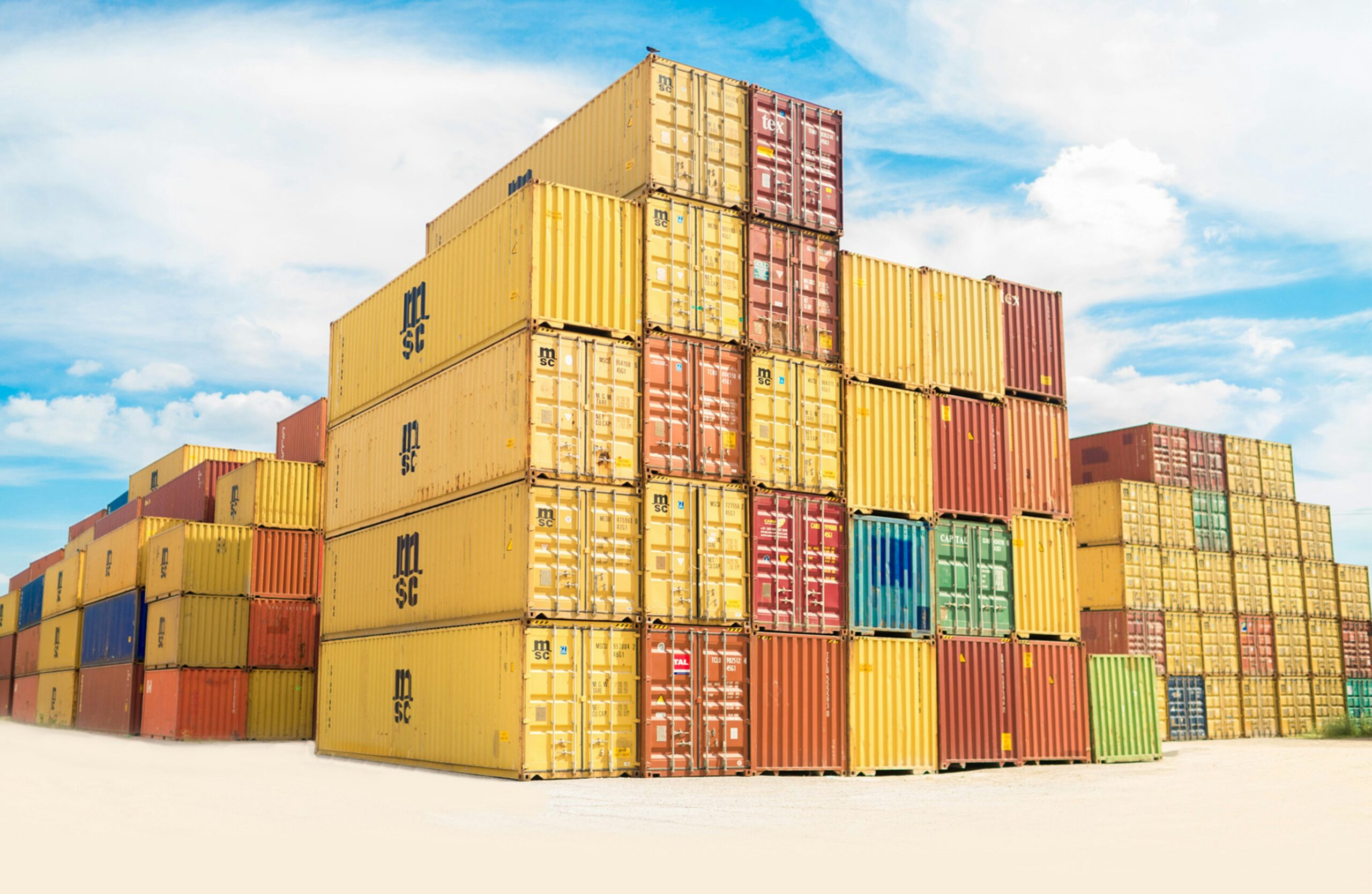As President Trump’s renewed focus on tariffs and industrial policy reshapes global trade discussions, economist Daniel Klein joined Chicago’s Morning Answer this week to offer a nuanced view of the evolving economic landscape. Klein, a professor at George Mason University and author of Misinformation is a Word We Use to Shut You Up, unpacked the language and logic behind trade rhetoric, deficits, and America’s foreign policy entanglements.
The conversation opened with a look at optimistic financial indicators highlighted by market analyst Jim Perry. Perry’s recent trip abroad included meetings with 40 top company and fund executives, leading him to predict a deflationary environment, narrowing corporate bond spreads, and declining inflation expectations under the Trump administration. His outlook attributed this to the White House’s focus on lower taxes, deregulation, and trade realignment.
Klein, however, expressed cautious optimism. While hopeful that some of President Trump’s protectionist instincts may be softening, he warned that strategic tariffs and industrial policy risk backfiring—both economically and geopolitically. He was particularly skeptical about the administration’s apparent attempt to use trade pressure as a lever for broader foreign policy goals.
Klein also introduced a provocative idea: that the long-standing “enemy Russia” narrative could shift under Trump, potentially opening a new chapter in global diplomacy. He argued that this adversarial posture, deeply embedded in Western institutions, has long justified the expansion of centralized political authority in places like Brussels and Washington. Moving beyond that could carry economic benefits—especially in trade and energy—if both the U.S. and Europe recalibrate.
Turning to trade deficits, Klein challenged one of the most enduring narratives in American economic policy. “There is no meaningful ‘deficit’ in trade,” he explained. “It’s just the wrong language.” Using the analogy of a supermarket, he described how consumers purchase goods in exchange for dollars—yet no one claims an “imbalance” because they don’t sell products back to the store. It’s the same in global trade, he argued: calling the flow of goods a “deficit” misleads the public and fuels protectionism.
The professor made a sharp distinction between globalization, which he supports as people trading freely across borders, and globalism, which he denounces as a top-down, technocratic push for centralized control through international bodies like the EU, UN, and IMF. “People conflate the two,” he warned, “but globalization is private and voluntary. Globalism is political and coercive.”
As for Trump’s strategy, Klein acknowledged that some of the administration’s tough talk on trade may be a gambit to force concessions and ultimately reach freer agreements. Dan Proft suggested this could be a form of “strategic trade pressure”—an unorthodox method of achieving traditional free-market goals. Klein was hesitant to embrace that fully, saying, “It doesn’t seem right to me… but I can’t claim to fully grasp the art of politics.”
Klein also echoed concerns from others in the free-market community, including Steve Moore, about the risk of rent-seeking. Large corporations may be best positioned to navigate or exploit new trade rules, leaving small businesses and consumers to absorb the cost of policy-driven market distortions.
The conversation ended with a reminder that semantics matter. Words like “deficit,” “protection,” and “global” can carry unintended meanings, which shape public understanding and policy in profound ways. In Klein’s view, fighting misinformation starts with using the right terms—and understanding what they really mean.
For more commentary from Professor Klein, visit George Mason University’s Department of Economics or his recent book Misinformation is a Word We Use to Shut You Up.





